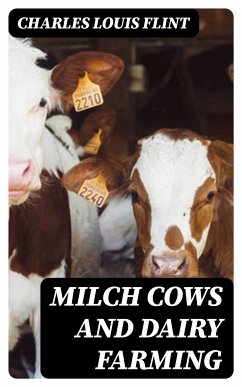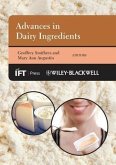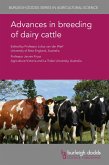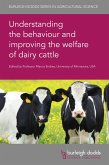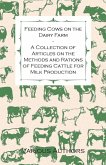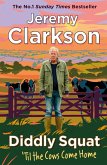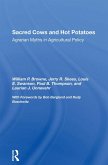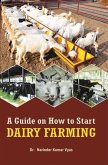In "Milch Cows and Dairy Farming," Charles Louis Flint offers an incisive and comprehensive exploration of the dairy industry in the late 19th century. Written in a didactic yet engaging style, Flint meticulously details the scientific principles of dairy farming, encompassing cow breeding, milk production techniques, and the challenges faced by farmers. He contextualizes the burgeoning dairy industry within the broader trends of agricultural reform and industrialization of the era, making this work not only a practical guide but also a significant contribution to agricultural literature. Flint's adept use of detailed illustrations and case studies enhances the reader's understanding of the intricacies involved in dairy farming during this transformative period. Charles Louis Flint, a prominent agricultural author and scholar, drew upon his extensive background in farming and veterinary science to craft this foundational text. His passion for the agricultural sciences and his desire to elevate farming practices are evident throughout the work. Flint was instrumental in the establishment of various agricultural institutions, and his expertise is reflected in the authoritative tone and thorough research presented in the book. Recommendation is enthusiastically extended to all those interested in agricultural practices, historical economic shifts, or the science of animal husbandry. "Milch Cows and Dairy Farming" stands as a timeless resource that imparts invaluable knowledge, serving both modern dairy farmers and historians alike.
Dieser Download kann aus rechtlichen Gründen nur mit Rechnungsadresse in A, B, BG, CY, CZ, D, DK, EW, E, FIN, F, GR, H, IRL, I, LT, L, LR, M, NL, PL, P, R, S, SLO, SK ausgeliefert werden.

